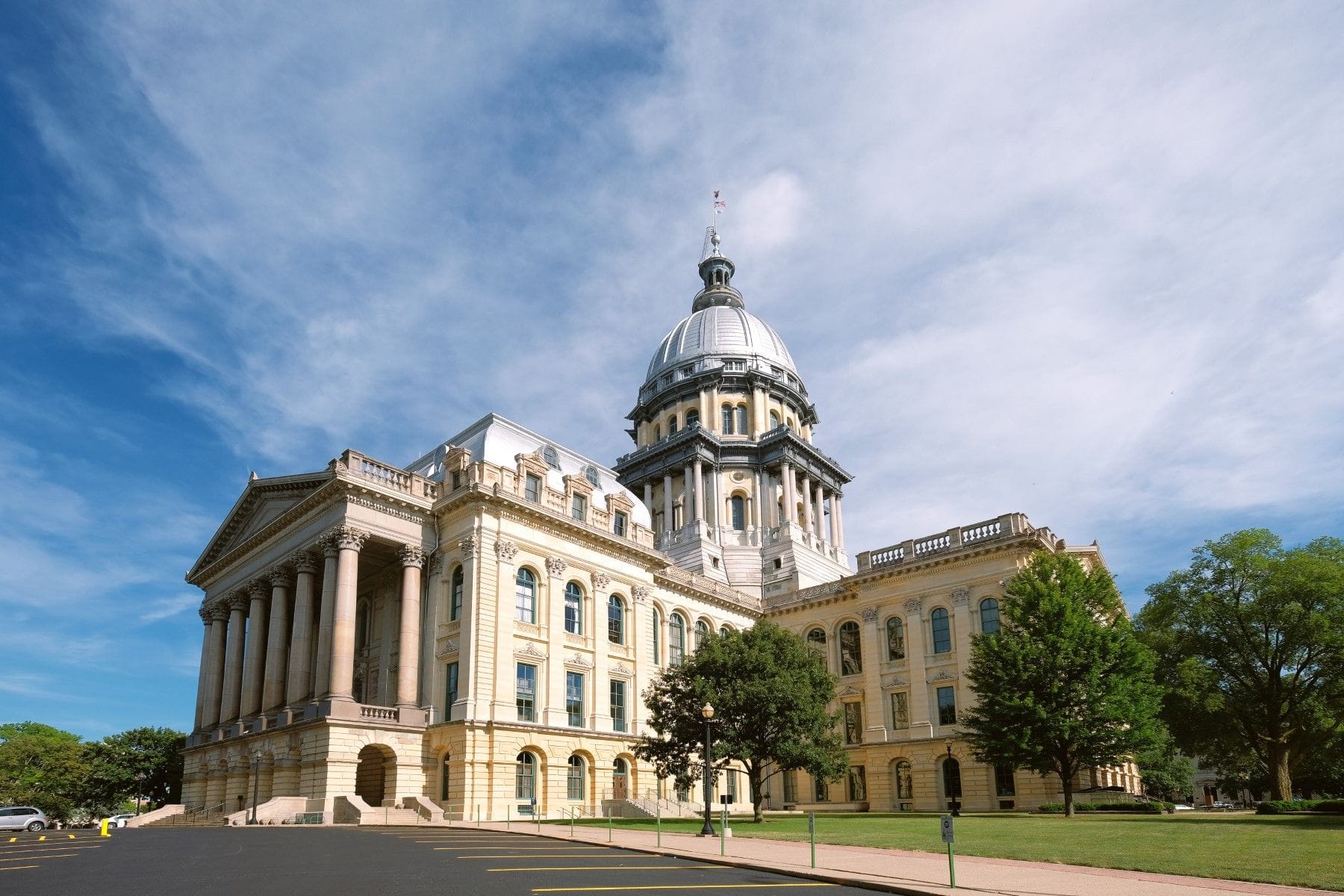Illinois Expert Witness Report Rules
Illinois mandates comprehensive disclosure of expert witness testimony, requiring opinions, bases, qualifications, and compensation to be shared during discovery.
Updated on
In this article
Are Expert Witness Reports Required in Illinois?
In Illinois, parties are mandated to disclose their trial experts and the content of their testimony through a stringent discovery rule. According to Illinois Supreme Court Rule 213(f), a party must identify any controlled (retained) expert witness and furnish several key elements: the expert’s identity, the subject matter of their testimony, all opinions the expert will offer, the bases for those opinions, and the expert’s qualifications. This comprehensive disclosure effectively serves as the expert’s report (Ill. Sup. Ct. R. 213(f)). Reports must be disclosed during the discovery phase, and the timing is often governed by the court’s scheduling order or local rules.
What is Required in an Illinois Expert Witness Report?
The expert disclosure under Illinois Supreme Court Rule 213(f) must include:
- Opinions: All opinions the expert expects to present.
- Bases for Opinions: The foundational data and reasoning behind each opinion.
- Qualifications: The expert’s qualifications, evidencing their competence.
- Compensation: Any compensation being paid to the expert for their testimony.
Illinois rules do not explicitly require a separate written report akin to the federal standard under Fed. R. Civ. P. 26, but the disclosure must encapsulate what would typically be found in such a report.
Scope and Authorship of the Report
In Illinois, the expert or the attorney may draft and sign the report, usually in the form of answers to interrogatories. The attorney’s involvement is permissible to a degree, primarily to ensure compliance with procedural rules. The scope of the report and the degree of attorney involvement may vary depending on the type of testimony or case specifics (Ill. Sup. Ct. R. 213(f)).
Missing, Deficient, and Untimely Reports
Failure to provide a proper expert report, or providing one that is incomplete or late, can have severe repercussions. Illinois courts may exclude the expert’s testimony if opinions are not disclosed under Rule 213, or if new opinions emerge that were not included in the initial disclosure (Ill. Sup. Ct. R. 213(g)). Sanctions, including continuances or monetary penalties, may also be imposed.
Original, Supplemental, and Rebuttal Reports
Illinois distinguishes between original and supplemental reports, where supplementation is required under Rule 213(g). Parties must seasonably supplement their disclosures, and any undisclosed opinions or new reasoning are barred from trial. The state does not explicitly recognize “rebuttal reports” in the same manner as federal courts, but additional disclosures may be permitted depending on the case management order.
Relevant State Rules and Legal Requirements
- [Illinois Supreme Court Rules](https://www.illinoiscourts.gov/rules-law/supreme-court-rules/) 213(f)-(g): Governs expert witness disclosures and supplementation.
- Illinois Supreme Court Rule 218(c): Addresses case management, including setting timelines for expert disclosures.
- Key Case Law: While specific cases interpreting these rules were not noted, practitioners should ensure adherence to both the letter and spirit of these rules to avoid preclusion of testimony.
These procedural rules underscore the importance of comprehensive and timely disclosure in Illinois, reflecting a framework that requires detailed preparation and strategic planning in the use of expert witnesses.


